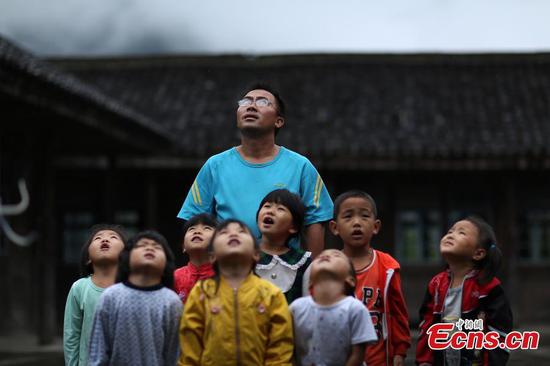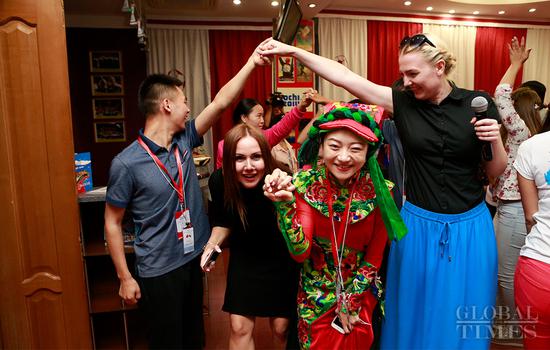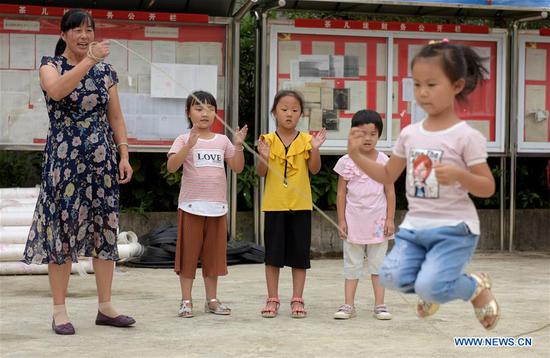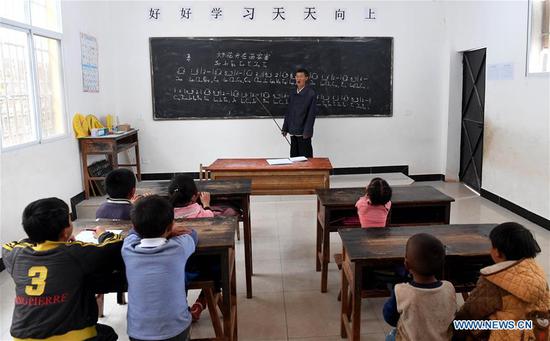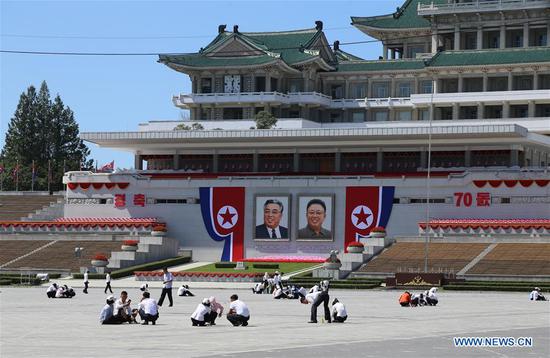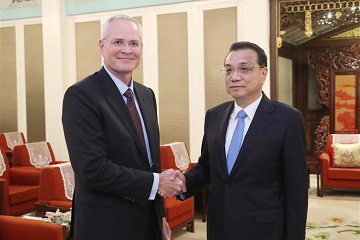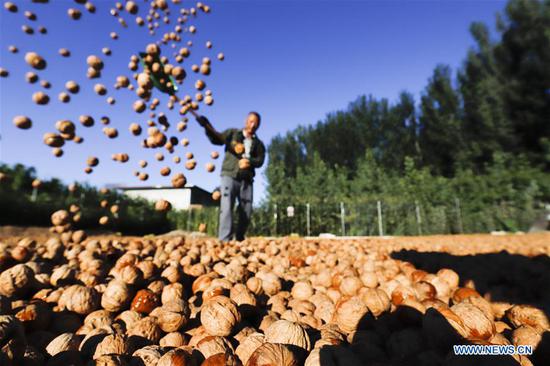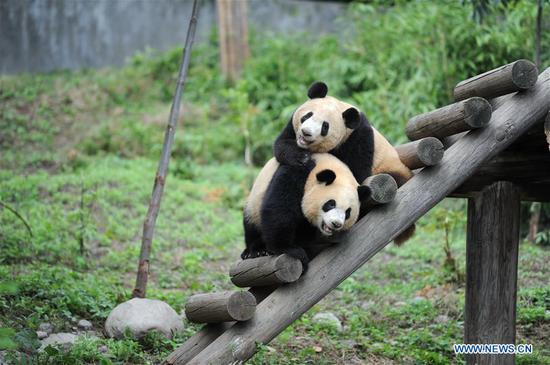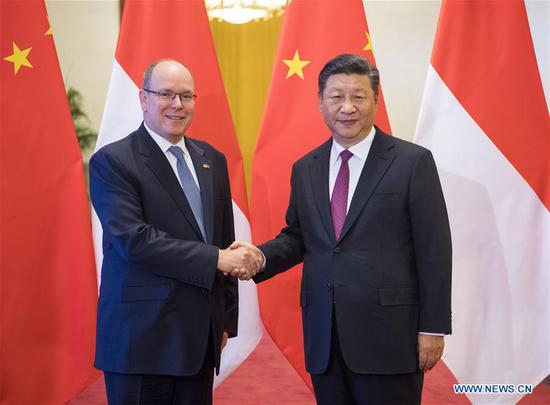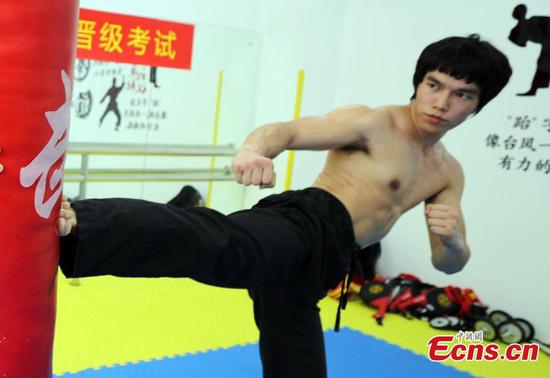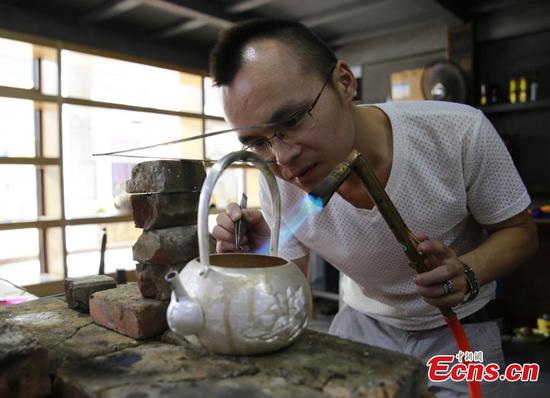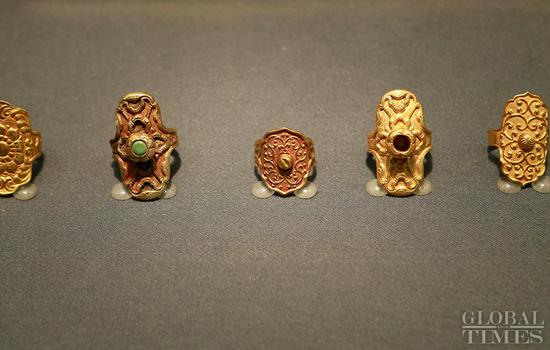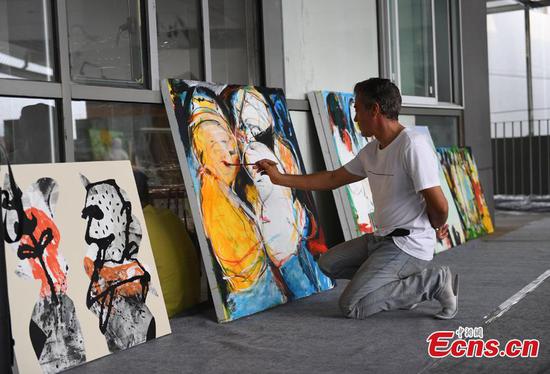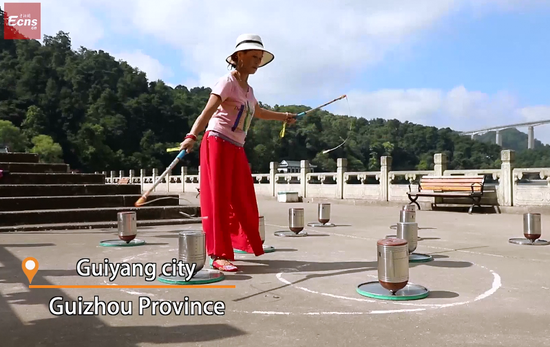Stuffed toys, guitars, zithers, swimming goggles, hometown delicacies and books -- with these items packed in their luggage, China's "millennial babies" yearn for a colorful college life.
The number of "millennial babies" born in 2000 reached 17.71 million, the highest birth number from 2000 to 2015 before China began to allow couples to have two children in 2016.
The year 2000 is not only the turn of the millennium but also the year of the dragon for Chinese. It is believed that babies born in the year of the dragon will have good fortune.
Eighteen years later, "millennial babies" have become freshmen at universities and colleges. At Ocean University of China, east China's Shandong Province, about 72 percent of the freshmen are post-00s.
Zhang Yueru, one of the "millennial babies" from northwest China's Qinghai Province, traveled about 2,500 kilometers to attend the university.
"Although it is my first time being far from home, there are few things that make me uncomfortable. However, the library is so big," she said. "It is easy to get lost as there are so many roads on the campus."
Majoring in photoelectric information science and engineering, she plans to join clubs on Chinese traditional culture.
"I like ancient poetry, especially song lyrics," she said, "Many post-00s like traditional Chinese culture, such as wearing traditional clothing, reciting ancient poems, singing traditional tunes and taking photos in an ancient Chinese style. I am sure that I can find quite a few friends who share my interests."
Liang Yixin, a biotechnology major at Qingdao Agricultural University, is looking for a dancing club.
"I had to give up dancing in high school as the burden of studying was quite heavy. Now I want to pick up dancing again," she said.
With living conditions getting better in the 21st century, post-00s' parents, many of whom were born in the 1970s and received a good education, are sending their children to various classes in the arts from early childhood.
"Piano, dancing, violin, chess, electronic sports, ancient culture and so on, the post-00s really know much more than us, post-80s," said Zhao Fengjiao, a teacher at Ocean University of China.
Compared to time spent on their hobbies and interests, "millennial babies" pay more attention to their studies.
Sun Beibei, a counselor at Qingdao Agricultural University, received many calls from freshmen who wanted to know what they needed to prepare before the semester began.
"Whether they need to take painting classes or buy painting materials are the most asked questions, as their major requires painting skills. They really care about their studies," Sun said.
Moreover, most of the post-00s interviewees said they would strive for a postgraduate degree.
Interested in science and technology, Wang Leshan, a freshman at Ocean University of China, decided to major in photoelectric information science and engineering.
"After smartphones, what will be the next? I think it is VR (virtual reality) and AR (augmented reality)," Wang said, "Undergraduate courses are not enough for me to develop new VR and AR equipment, so I want to work hard and pursue a postgraduate degree."
According to a survey by China's Internet giant Tencent in May, 89.4 percent of the surveyed post-00s think that success depends on working hard.
Yang Jingpei, a freshman at Qingdao Agricultural University who comes from a family of farmers, aims to reduce his parents' labor work through his study of agricultural mechanization and its automation.
"We, the post-00s, have access to the Internet at an early age and are full of imagination. I believe I can make farmers' jobs easier," Yang said.
Despite the perspective that post-00s are irresponsible and selfish as most of them are the only child of the family, Li Haoyu, a freshman of Qingdao Agricultural University, proves otherwise.
Li, one of the 300 government-supported students majoring in agricultural sciences in Shandong Province, gets free tuition, accommodation and a subsidy of 4,000 yuan (about 584 U.S. dollars) per year. After graduation, he will serve in a county or village station applying agricultural techniques for at least five years.
"I want to go back and serve at my hometown. In this way, I can ease my parents' financial burden and look after my mother after graduation, as she is in poor health," he said.
To take responsibility, Wang Leshan plans to be a volunteer to teach in poverty-stricken areas in northwest China's Gansu province.
"It sounds very cool!" Wang said. "Our senior schoolmates have been doing this for more than 10 years, and we, post-00s, should carry it on."









